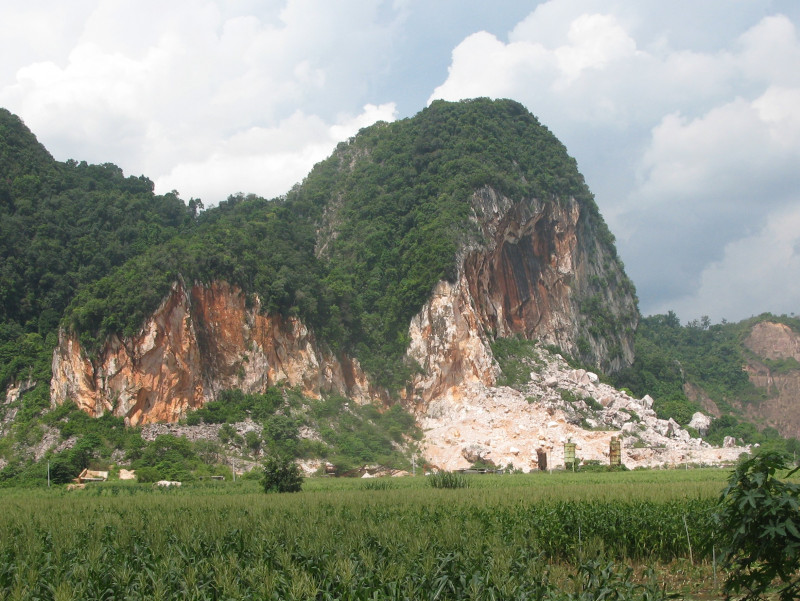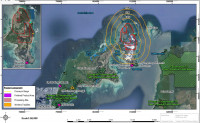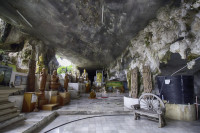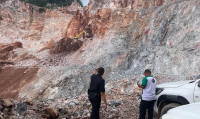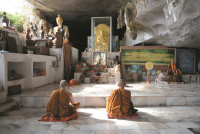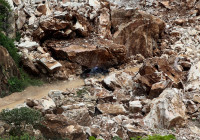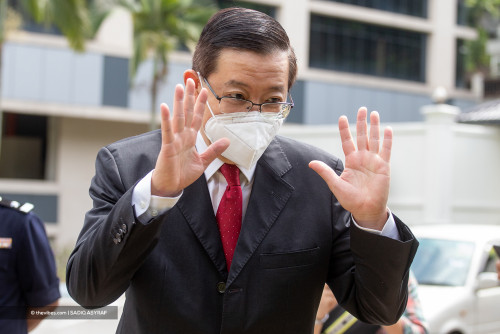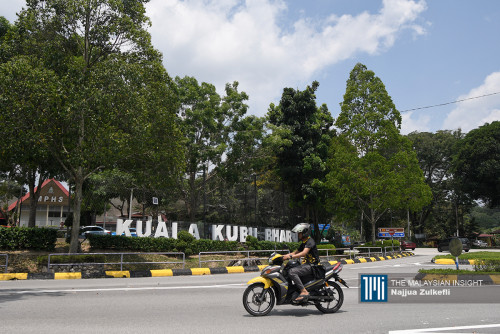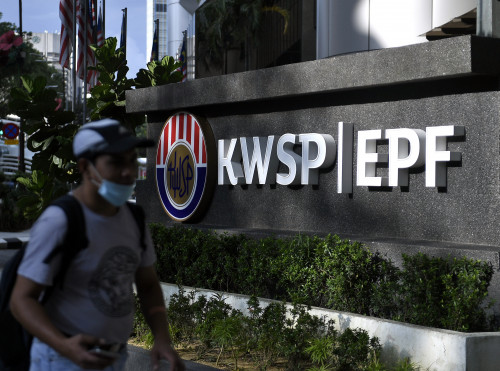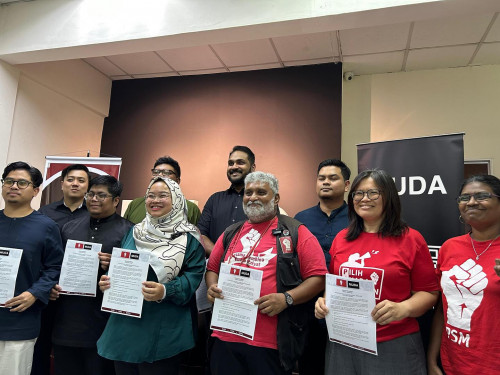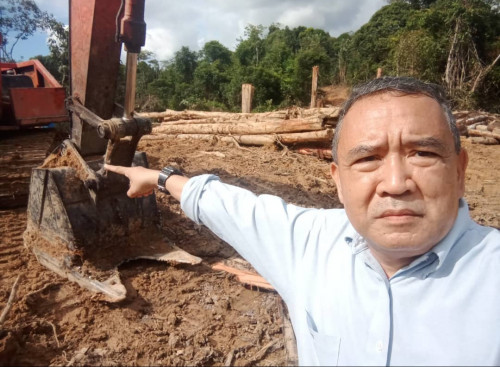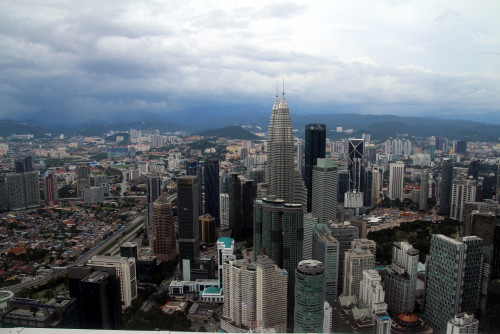KUALA LUMPUR – Temples or houses of worship built on limestone hills are best left untouched as they play a key role in preserving the environment, said advocates of the preservation of caves and karsts.
However, former Malaysian Cave and Karst Conservancy (MCKC) president Hymeir Kamarudin does not rule out the fact that these buildings may pose a problem to the structure of natural environments.
“It is a sensitive situation. We should allow older or current temples to remain, but we keep new ones from being established,” he said during a webinar hosted in collaboration with University of Malaya students and MCKC on June 7.
However, he acknowledged that temples could also help with the preservation of limestone hills.
“One good example is Gunung Kanthan. There’s a temple there, and one reason it hasn’t been quarried is the temple.
“There is a movement to get it (the temple) out, but, hopefully, it can stay put.”
It is understood that Hymeir is referring to the Sakyamuni Caves Monastery, whose fate is currently subject to court action as a cement company is seeking to evict the Buddhist temple.

Hymeir said limestone hills are delicate in nature, and the same can be said about houses of worship built in such areas.
“Limestone can be dissolved easily by weak acids, and the main culprit here is rain. Over time, limestone will dissolve and carve out passages and formations.”
Additionally, due to their unique nature, limestone hills result in unique flora and fauna that evolve to adapt to their environment.
However, despite being important ecosystems and geological sites, these natural structures face various threats.
“Tourism itself is a threat to limestone caves (as) they are very fragile environments,” said Hymeir.
“When we do visit caves (for education or research), we try to not go with too many people to avoid destroying habitats.
“The floor of a cave itself is a habitat, which is why we try to walk using only one trail.”
During the webinar, he showed a photo of a metal walkway built in a cave, saying that such developments are not sustainable.
“This walkway is too large and overwhelming for the cave. Furthermore, they built it underneath where bats roost, so people end up disturbing the bats.”
During the webinar, viewers posed to Hymeir and fellow panellist International Union for Conservation of Nature World Commission on Protected Areas member Surin Suksuwan questions, which were answered in written form.
Viewer Soon Hoe Khaw asked Surin for his view of the current quarrying of Gunung Kanthan, and whether it is possible to stop such industrial activity.
Surin said based on available scientific data, Sections C and D of the limestone hill should be conserved for their diversity and cultural preservation.
“At the policy level, there should be enough justification to protect Gunung Kanthan, but existing laws do not require the quarrying to stop.
“Quarrying can continue without resorting to Sections C and D as there are other options, such as subsurface quarrying at Sections A and B.”
At the end of the day, the power lies in the hands of the Perak government, he added, even if the cement company has a lease, it can be renegotiated.
It seems like public pressure is the only way to influence the state government decision on this matter.”
Surin said those interested in preventing the further deterioration of Gunung Kanthan can write to MPs, assemblymen, the menteri besar and relevant state excos, to voice their objection.
“They can also engage the company involved in the quarrying and financial institutions funding the company, and support non-governmental organisations advocating the protection of Gunung Kanthan.” – The Vibes, June 22, 2021



